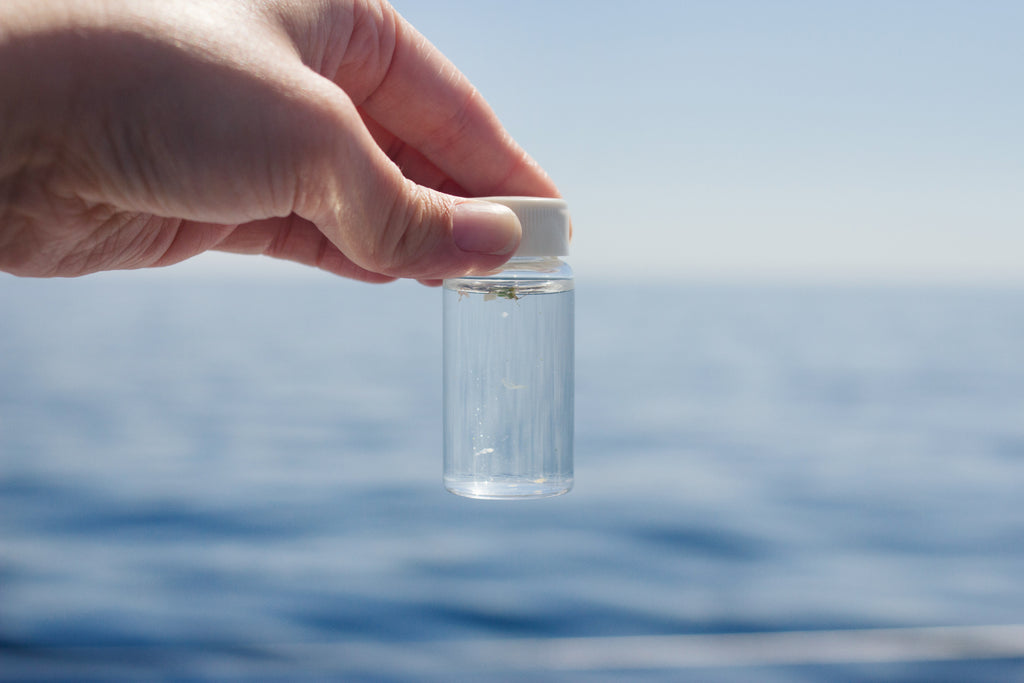What Are Microfibers + Why Are They A Problem?

Microfibers are tiny threads that shed from fabric and clothing.
Whereas natural fibers such as cotton or wool biodegrade over time, synthetic fibers are problematic because they do not biodegrade. So when fabrics like polyester and nylon shed, it's essentially like depositing millions of microscopic pieces of plastic into the environment that then stay there for decades.
35% of microfibers enter the environment via our washing machines.
Around 60% of clothing is now made from synthetic fabrics; nylon, polyester, elastane, acrylic, rayon, spandex. When we put our clothes through the washing machine, they get tumbled around and this speeds up the shedding process. Because microfibers are so small they are able to pass through the filtering systems of our washing machines, through the sewerage treatment plants and then out into our rivers, lakes and oceans.
It's estimated that 1.4 million trillion microfibers are in our oceans.
These microscopic size plastic particles act like sponges and soak up oil, pesticides and chemicals in the surrounding water. They are then swallowed by small organisms like plankton, which are consumed by fish and other sea life, travelling up the food chain and onto our plates. Microplastics have been found in the water we drink and the food we eat, so there is genuine concern that this could pose as a health risk to humans.
Practical ways to reduce microfiber waste.
Buy less clothes and opt for quality over quantity. Purchase clothes made from natural materials such as cotton, bamboo and wool. This gets tricky for activewear, so choose high quality recycled synthetic fabrics if available to reduce the addition of new synthetics being made. Wear your clothes more and wash them less. Machine wash synthetics in a Guppyfriend bag to catch the microfibers and stop them flushing down the drains. Separate clothing with soft and hard surfaces and do not wash warmer that 30c to reduce the break down of fibers. Hand washing saves energy and water and you can even use the Guppyfriend bag to filter the waste water in your sink.

Image: c/o Nikkey Dawn for eXXpedition North Pacific 2018
References: Stop! Micro Waste + IUCN
